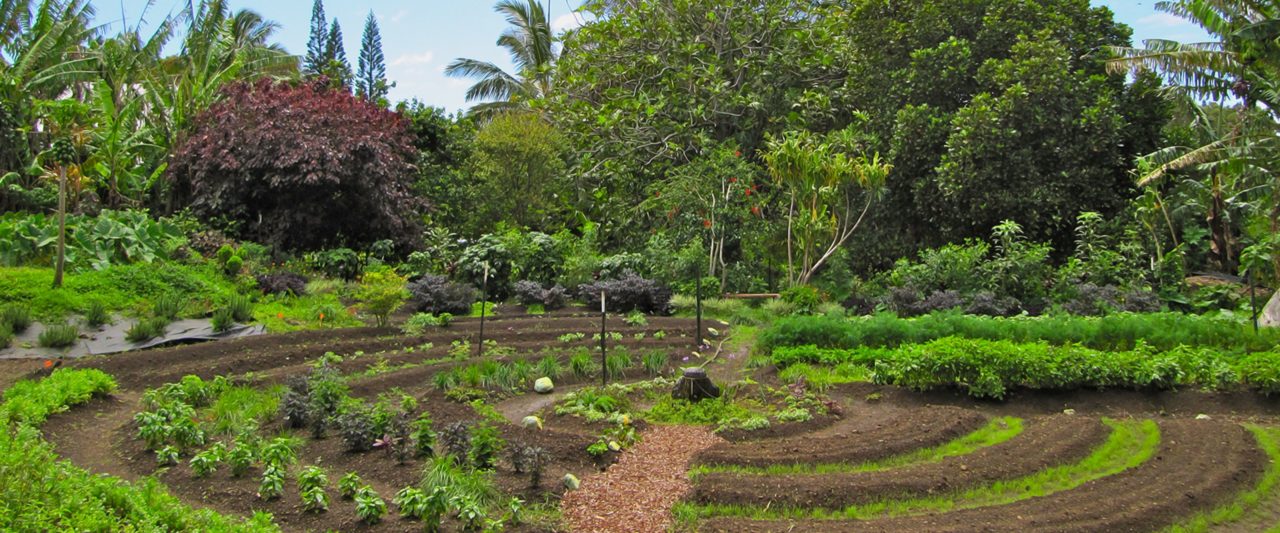Permaculture is a contraction of both “permanent culture” and “permanent agriculture”. The phrase was coined by two Australians, Bill Mollison and David Holmgren, in the late 1970s. Inspired by observations in nature and in indigenous cultures, the two began forming a set of principles; believing they could create a system functioning in as much a rich, sustainable and productive way as they had observed in the natural world. They felt that indigenous cultures must have figured some things out, about sustainability in particular, to have learned to live harmoniously and thrive within their environments for a millennia. They began creating a set of principles, or tools really, for designing landscapes modeled after nature and also accommodating human needs.
Mollison and Holmgren soon realized that even if we create gardens, farms and whole landscapes mimicking nature and using the land sustainably, it will still only be embedded within a society based on the unsustainable, thusly not having a real significant impact on preventing our tenure on this planet from being cut short, as well as becoming increasingly impoverished and difficult. We now realize permaculture’s wisdom is far reaching, considerably beyond its origins in agriculture. Building design, energy and wastewater systems, villages and even school curriculums, businesses and community groups have all been designed using principles of permaculture. This is possible because the distillation of permaculture is a careful design of relationships, the interconnections, between things and less about the objects themselves; turning a collection of unrelated parts into a functioning system promoting the longevity of the whole.
Permaculture is best understood as not a discipline in itself but rather a design approach based on connecting different disciplines, strategies and techniques. Some techniques and methods most often associated with permaculture, like in organic gardening, herb spirals and keyhole beds in particular have roots elsewhere, though they illustrate the principles beautifully. There are few, if any of these techniques that belong only to permaculture. Permaculture shows us where and how to apply these methods to support the main idea of ecologically sound, economically prosperous human communities.


